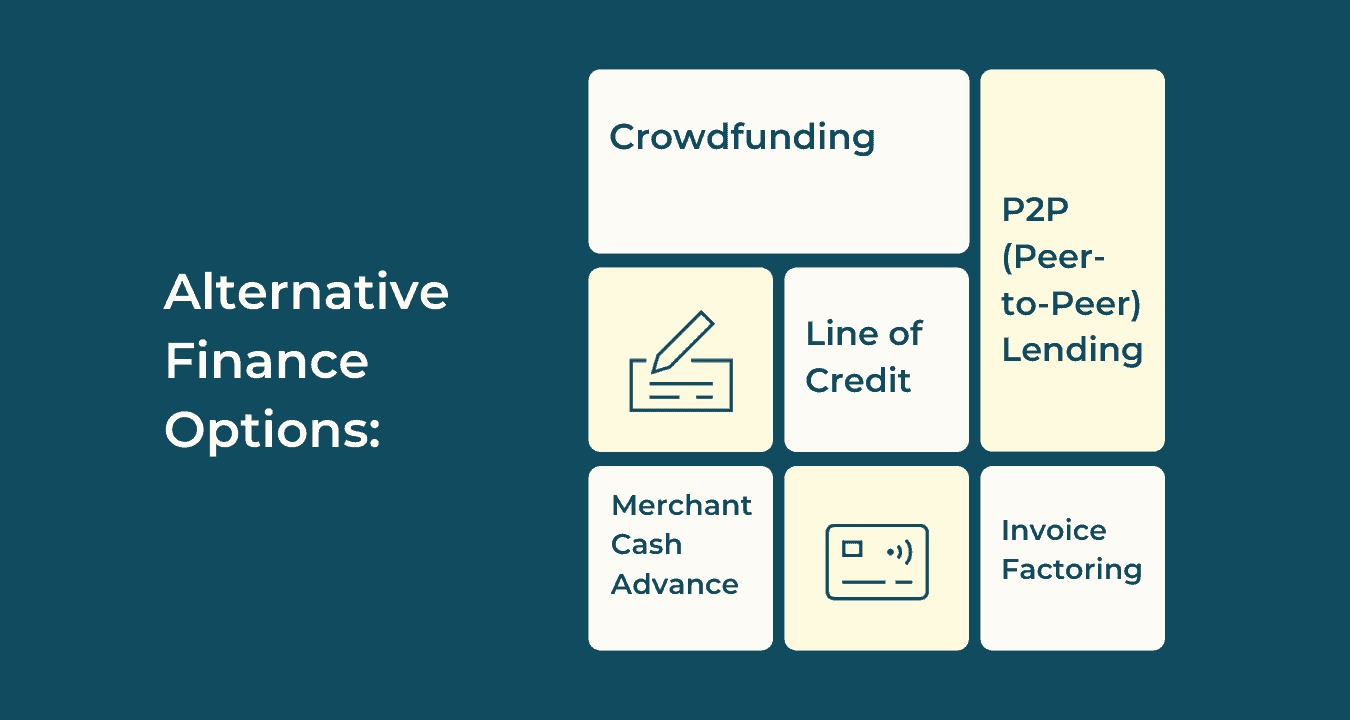In the fast-paced world of startups, securing the right financing is crucial for turning innovative ideas into successful businesses. While traditional funding options like bank loans and personal savings have been the go-to choices, alternative financing avenues have gained popularity for their unique advantages. In this exploration, we delve into three such options: Venture Capital (VC) Funding, Angel Investors, and Seed Loans.
Venture Capital (VC) Funding
Venture Capital (VC) Funding plays a pivotal role in the startup ecosystem. These specialized firms invest in early-stage and high-potential companies with the aim of achieving substantial returns on their investments. Startups seeking VC funding can benefit from a range of advantages.
Firstly, VC funding provides access to significant capital that can fuel rapid growth and expansion. The substantial financial backing enables startups to scale their operations, develop new products, and enter new markets.
Angel Investors
Angel Investors play a significant role in the startup ecosystem as individual investors who provide capital to early-stage companies. Unlike VC firms, angel investors invest their personal funds rather than pooled funds from multiple sources. Startups seeking funding from angel investors can benefit from a range of advantages.
Firstly, angel investors offer more flexible deal structures compared to traditional funding sources. They are often willing to negotiate terms that align with the unique needs of the startup and its founders, making the investment process less rigid and more tailored.
Seed Loans
Seed Loans serve as a crucial alternative financing option for early-stage startups. Unlike equity-based funding like VC and angel investments, seed loans involve borrowing funds from lenders with an agreement to repay the principal amount with interest over time.
One of the key advantages of seed loans is that they offer non-dilutive financing. Unlike equity investments, where the startup gives up ownership in exchange for funding, seed loans allow startups to retain full ownership and control over their business.
Seed loans are often more accessible for startups with limited track records or revenue streams. Traditional lenders might be hesitant to extend loans to early-stage companies due to their higher perceived risk. However, seed loan providers are often more willing to support startups based on their potential and business plan.
Comparison and Choosing the Right Option
When considering alternative financing options for startups, it is essential to compare and carefully select the right option that aligns with the company’s specific needs and goals.
Venture Capital Funding offers startups access to significant capital, expert guidance, and a broad network. However, the potential loss of ownership and control, along with the high expectations for returns, should be weighed against the benefits.
Angel Investors provide flexible deal structures and personalized mentorship, making them well-suited for startups seeking more hands-on support. Still, startups must carefully evaluate the compatibility of their investors and address potential conflicts that may arise from multiple angel investments.
Alternative Financing Sources
In addition to Venture Capital (VC) Funding, Angel Investors, and Seed Loans, startups can explore various alternative financing sources to meet their funding needs and propel their growth.
Crowdfunding platforms, such as Kickstarter and Indiegogo, offer an avenue for startups to raise capital from a large number of individuals who contribute small amounts. Equity crowdfunding platforms go a step further by allowing backers to invest in the startup and become shareholders.
Corporate partnerships and strategic alliances can provide startups with not only financial support but also access to resources, distribution channels, and industry expertise. Collaborating with established companies can accelerate the startup’s market entry and growth.
Government grants and subsidies are available in many regions to support innovation and entrepreneurship. Startups can apply for grants specifically tailored to their industry or research areas, offering non-repayable funds to fuel their ventures.
Tips for Attracting Alternative Financing
Attracting alternative financing requires a well-prepared approach and a compelling presentation of the startup’s value proposition. Here are some essential tips to increase the chances of securing funding:
Develop a comprehensive business plan: Craft a clear and detailed business plan that outlines the startup’s mission, market opportunity, competitive advantages, financial projections, and growth strategy. A well-structured plan demonstrates professionalism and commitment to the venture.
Build a strong and cohesive team: Investors often assess the startup’s team to gauge their ability to execute the business plan successfully. Assemble a team with complementary skills and a track record of relevant experience to instill confidence in potential investors.
Prove market viability: Demonstrate that there is a genuine demand for the product or service the startup offers. Market research, customer feedback, and early sales traction can provide evidence of market viability.
Showcase scalability: Investors are interested in startups with the potential for rapid growth and scalability. Highlight how the business can expand its market reach and capture a larger share of the industry.
Tips for Attracting Alternative Financing
Attracting alternative financing requires a well-prepared approach and a compelling presentation of the startup’s value proposition. Here are some essential tips to increase the chances of securing funding:
Develop a comprehensive business plan: Craft a clear and detailed business plan that outlines the startup’s mission, market opportunity, competitive advantages, financial projections, and growth strategy. A well-structured plan demonstrates professionalism and commitment to the venture.
Build a strong and cohesive team: Investors often assess the startup’s team to gauge their ability to execute the business plan successfully. Assemble a team with complementary skills and a track record of relevant experience to instill confidence in potential investors.
Prove market viability: Demonstrate that there is a genuine demand for the product or service the startup offers. Market research, customer feedback, and early sales traction can provide evidence of market viability.
Showcase scalability: Investors are interested in startups with the potential for rapid growth and scalability. Highlight how the business can expand its market reach and capture a larger share of the industry.
